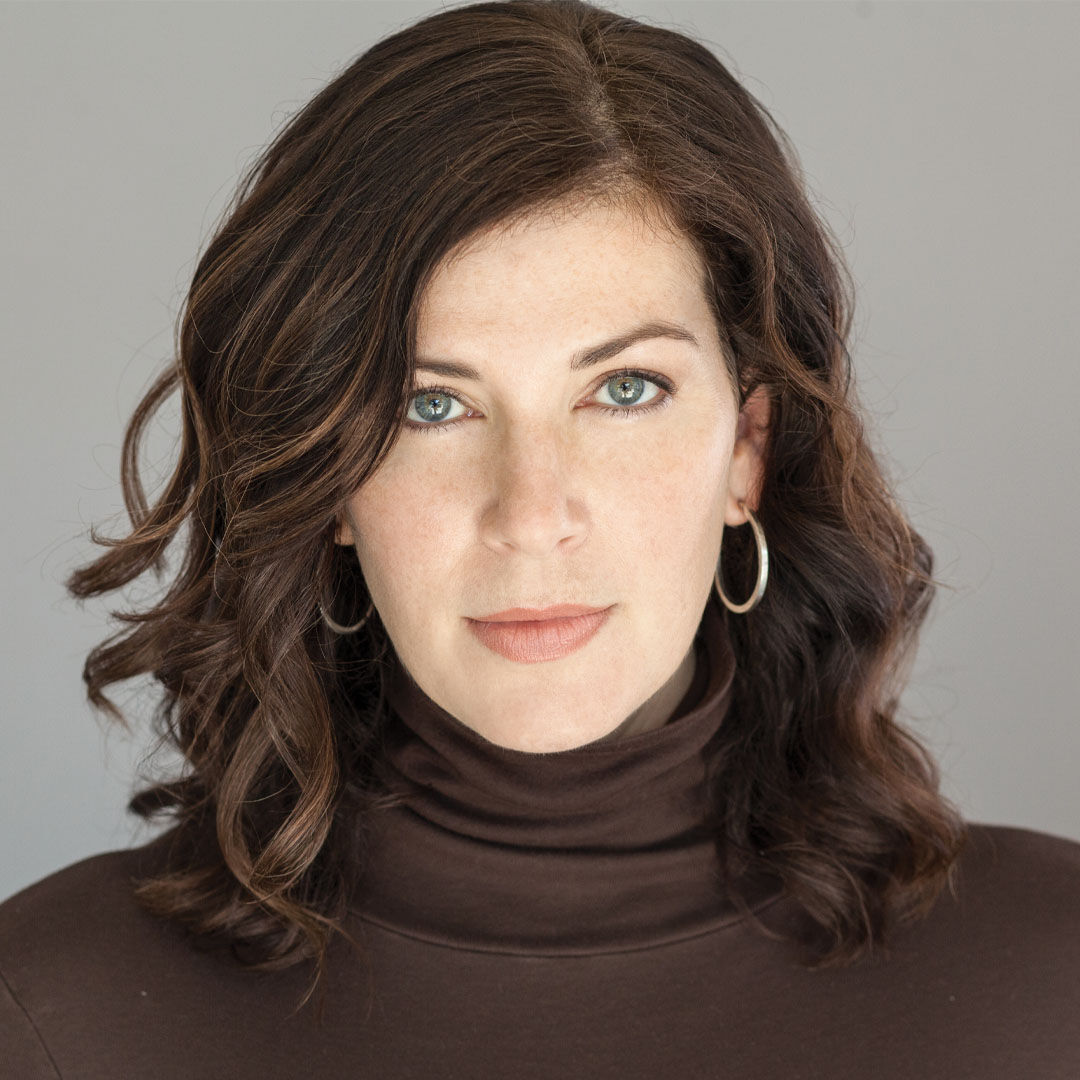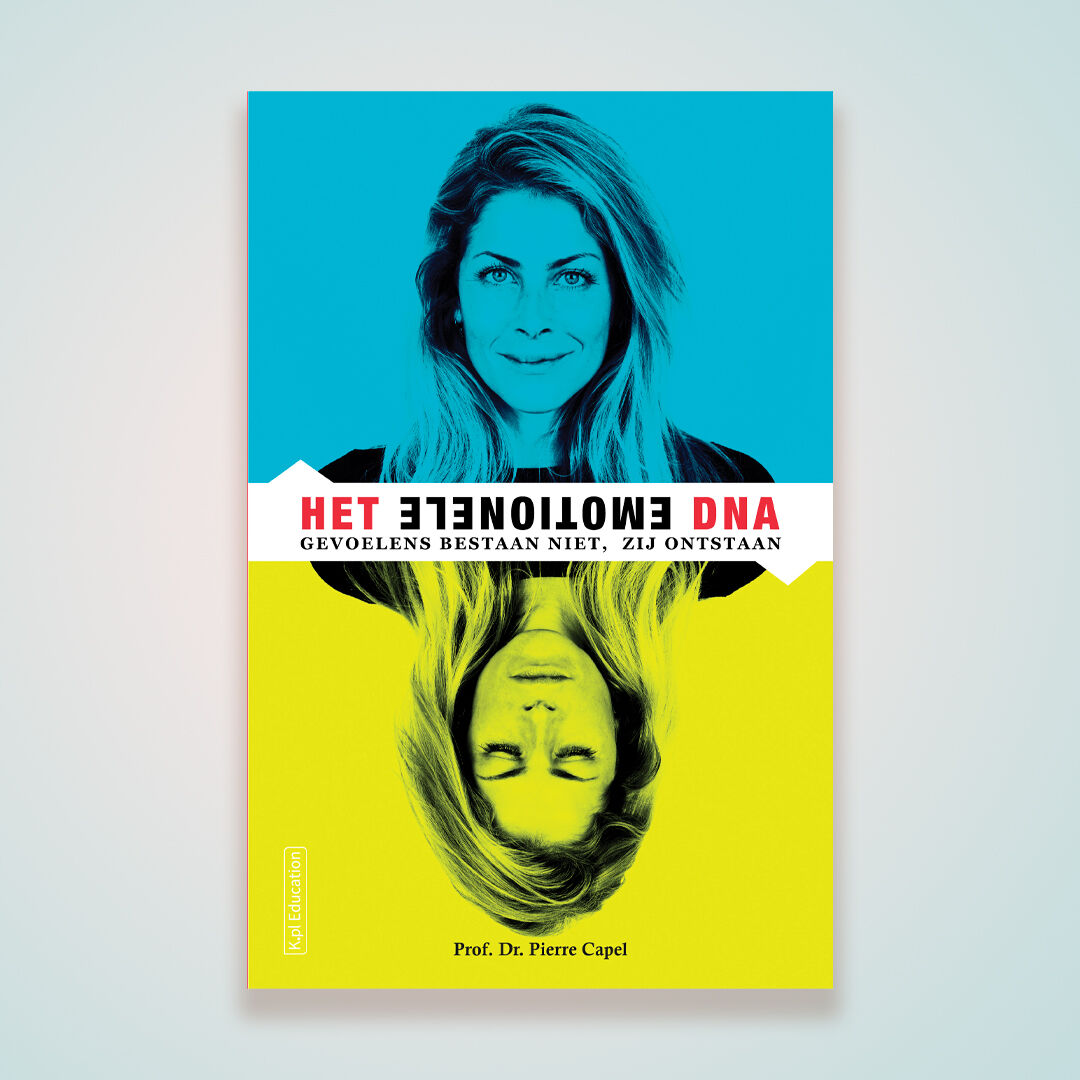When women ruled the world – Kara Cooney
When it comes to women in power, we’ve come a long way, right? Or perhaps not so much? I talked to feminist Egyptologist and archaeologist Kara Cooney, author of ‘When women ruled the world’, about female power, then and now, from Hatshepsut to Hilary. “Cleopatra was the slut that needed to be shamed for many generations.”
Marlies: First of all, how did a Texan-born girl become a world-renowned Egyptologist with bestsellers to her name and her own tv show? Where does your fascination with ancient Egypt come from?
Kara: It is really hard to pinpoint the source of my interest because it is 100% emotional. How the Ancient Egyptians did things and how they continue to sell what they did to us – even if we don’t see it – will just never stop fascinating me. And yes, I grew up in Texas in an upper middle-class family, seemingly disconnected from this particular corner of Northeast Africa. But guess what? Recently, my mother did a DNA test and found out she’s 15% North African, including Coptic Egyptian and Sa’idi. Isn’t that crazy? That really made me smile.
Marlies: That’s amazing! In your book ‘When women ruled the world’ you explore the lives of six remarkable female pharaohs, from Hatshepsut to Cleopatra. To be honest, when I read the title, I expected a ‘go girl!’ celebration of female power. Instead, you wrote a real feminist eye-opener.
Kara: ‘When women ruled the world’ is actually a very sly title: it celebrates female rule while giving it serious side-eye. Granted, the Egyptians were lightyears ahead of us in their trust of female power, but we also see that throughout human history, women in positions of power have been used as political pawns in male-dominated societies. One of my editor’s first reactions when reading my book was: “Well this is depressing. It’s not uplifting!” (laughs). And I said: “I’m not here to lift you up. I’m here to examine women’s place in society.”
Marlies: Did your research make you lose hope for a more equal society?
Kara: Quite the opposite! But I’m not interested in denying reality. I was a different kind of feminist before I had my son, but as soon as I became a mother, I realized how trapped women are by their bodies. I became interested in the biological and evolutionary source of feminist problems. To gain any sort of power, women in the ancient world had to work through the men, using their sexuality, skills and emotional ties. It was their only option, right? Yet the power was informal, and they were judged for it. Their behavior was labeled immoral. They were called witches and seductresses. And sadly, we still don’t allow women to rule. Inherently, all of us, even women themselves, are hostile or distrustful of female power. There is a tendency during this fourth wave of feminism to assume that men and women are equal. But the system isn’t equal. It was created to keep women in their place. And we are embedded in it. Once we see that clearly, we can transcend it.
Marlies: But didn’t female kings like Hatshepsut and Cleopatra have real, authoritative power?
Kara: They both ruled for over 20 years. They successfully inserted themselves into positions meant for men and created a great deal of power within their lifetimes. But the Egyptians only put up with it as a short-term replacement for masculine power. Because when it comes to how these women were viewed afterwards and how they changed the system and the world, we see that they did not have any real long-term power. Hatshepsut’s statues were smashed, her face was chiseled away from the temple walls. Her name was to be forgotten. Cleopatra was allowed to be remembered, but only as a cautionary tale.
Marlies: Cleopatra, the evil seductress.
Kara: Exactly.
Marlies: In your book you call her ‘perhaps the greatest female Egyptian ruler’.
Kara: The way Cleopatra stayed in the game as long as she did was extraordinary. She managed to gain her people’s support and access to martial resources. She made diplomatic and dynastic connections with the Romans, not once but twice! And Cleopatra produced children to create a lineage after her, just like men always had, except she did it without access to a harem where 30 women could breed for her simultaneously.
Marlies: Cleopatra used her sexuality quite overtly.
Kara: She did, just like men in power still do. Just look at a shirtless Vladimir Putin or Donald Trump boasting about ‘grabbing women by the pussy’. This type of masculine sexuality has always been lauded and supported because it fits the ideology of the patriarchy. Even rape can be excused this way, because men ‘can’t help themselves’. They need to reproduce for the continuation of their power. But when a woman uses her sexuality it is seen as destabilizing that patriarchal system. So, while her sexual independence may work short term, afterwards she will be painted as repugnant, dangerous and evil. In Cleopatra’s case, she became that slut who needed be shamed for many generations.
Marlies: Yet, underplaying your sexuality isn’t a guarantee for success either, as you’ve pointed before with your comparison of Hatshepsut with Hillary Clinton.
Kara: Both women followed the rules, masculinizing themselves in the process. Hatshepsut put on a fake beard, Hillary cut her hair, put on a pant suit and lowered her voice. They both hung out with the kingmakers, the corporate powers with the money, working the system as it exists. But the system itself rejects female power! We still live in an agricultural economy that benefits from women having a lot of children, ideally with the same partner. Because this made sense economically, ideologically our morality followed suit. And as the wonderful social historian Michael Mann explained: ideology is the most important source of social power. Consequently, women who demonstrate ambition are demonized: they’re trying to take something that doesn’t belong to them. As long as that system maintains itself, we’ll continue to have the Hillary Clintons of this world bash their heads against the walls.
Marlies: But as you said earlier, you still have hope…
Kara: Yes. I believe we can move into a different economic direction starting from the grassroot levels of our society – migrant and African American communities, for example – where women are holding things down economically. They are the breadwinners, the ones earning college degrees, the ones making the decisions. I think with changing economics, morality will change, and women will be put front and center as policy makers. It reminds me of the Southern Californian hunter-gatherer tribe the Tongva, where the women hunted for fish with spears alongside the men, even when they were pregnant, nursing or menstruating. Because they were equals in this regard, the women had the same power in their society as the men.
Marlies: Another example of how much we can still learn from ancient civilizations. Thank you for sharing your knowledge and insights with us, Kara!
Shop Cleopatra-inspired lingerie
MD Friends
Building bridges
From the Erasmus Bridge and the Mercedes-Benz Museum to Qatar’s metro network; Ben van Berkel’s iconic landmarks bring people together in rapturous beauty, again and again. I talked with the Dutch architect and educator about sensuality, ‘healthy’ buildings and the remarkable parallels between our designs.
MD Friends
More than a feeling
Don’t ignore your emotions; they are much more powerful than you can imagine. By linking the magical world of emotions with hard science, Dutch scientist Pierre Capel, professor emeritus in experimental immunology, shows us the consequences of our feelings and the power of our minds. The message: we can do much more than we think. “Meditate. It’s the single best thing you can do for your health.”
Marlies Says
Keto curious?
The fact that I feel bikini-confident all year round is, of course, a nice bonus. But for me, the biggest payoff of following the keto diet is the way it optimizes my health and gives me tons of energy.
Marlies Says
Super (skin) food
‘If you can’t eat it, why put it on your skin?’. I pretty much live by this beauty adage. After all, with your skin being one of your body’s largest organs, anything – and I mean anything! – you put onto your skin will end up in your bloodstream.











